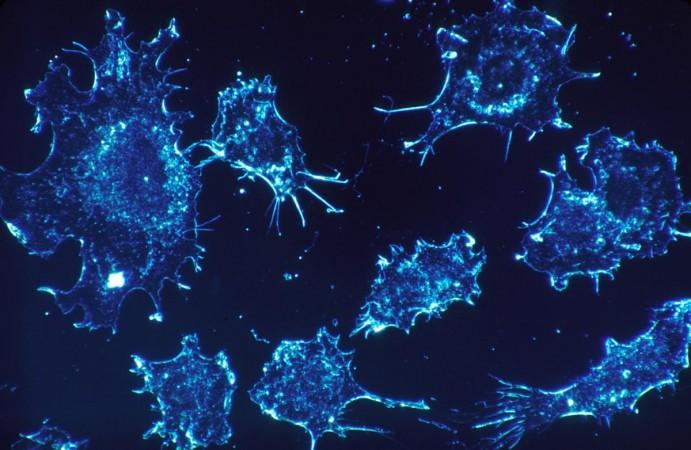While the COVID-19 pandemic has kept the scientific community occupied for 20 months now, other deadly diseases continue to exist. One such ailment is cancer. The mutated version of a protein known as RAS—often referred to as the 'Death Star'—is found in different forms of cancers. It shares its name with the galactic superweapon from Star Wars due to its capacity to resist anti-cancer treatments. Now, scientists have found a novel way to target RAS.
The study by researchers from the University of Leeds has reported the discovery of druggable 'pockets' on the RAS protein that can be exploited and direct treatments towards. It was published in the journal Nature Communications.
"The RAS protein has been referred to as the Death Star with good reason and that's because it's spherical and impenetrable, essentially preventing drugs binding and inhibiting it. We've identified a further chink in the Death Star that can be used to develop new drugs beyond the ones already in development," said Dr. Darren Tomlinson, lead author of the study, in a statement.
Mutated Protein of Doom

RAS is a class of related proteins that are expressed in humans and animals. They are involved in the regulation of cell growth, differentiation, and proliferation. Unfortunately, they are also the most commonly mutated oncogenes in humans. Mutated RAS is found in 54 percent of colorectal cancers and 96 percent of pancreatic cancers, and is notoriously impervious to anti-cancer treatments.
Despite being identified as a site for focusing cancer treatments for the past 30 years, it is only recently that a handful of compounds have been developed, and have exhibited some amount of effectiveness in pre-clinical trials. However, they can address only a limited subset of the different forms of cancers promoted by defective RAS.
Exploitable 'Pockets'

For the study, the authors relied on the Affimer biotechnology platform that has been patented by the School of Molecular and Cellular Biology at the University of Leeds. Affimer is an alternative binding protein that functions in a manner that is very similar to that of an antibody. It binds with its target molecule strongly and has higher stability against high temperature and acidity.
The team found that two RAS-binding Affimer proteins—K3 and K6— nucleotide exchange (catalyzation of binding proteins) and signaling pathways of the mutant RAS. They found that these two proteins bound with 'pockets' on the RAS. According to the authors, the targeting of this specific protein by the affimers lays the foundation for a wider range of cancer treatments that can tackle several forms of cancer.
"Because it causes 20-30% of all known cancers, RAS really is the Holy Grail of therapeutic targets. The fact that it has previously been termed "undruggable" has allowed us to demonstrate the huge impact that our Affimer technology can have when it comes to treating challenging pathologies. We have already identified small molecules that bind to RAS, so it will be very exciting to be involved in developing these over the next few years," stated Amy Turner, co-first author of the study.
















